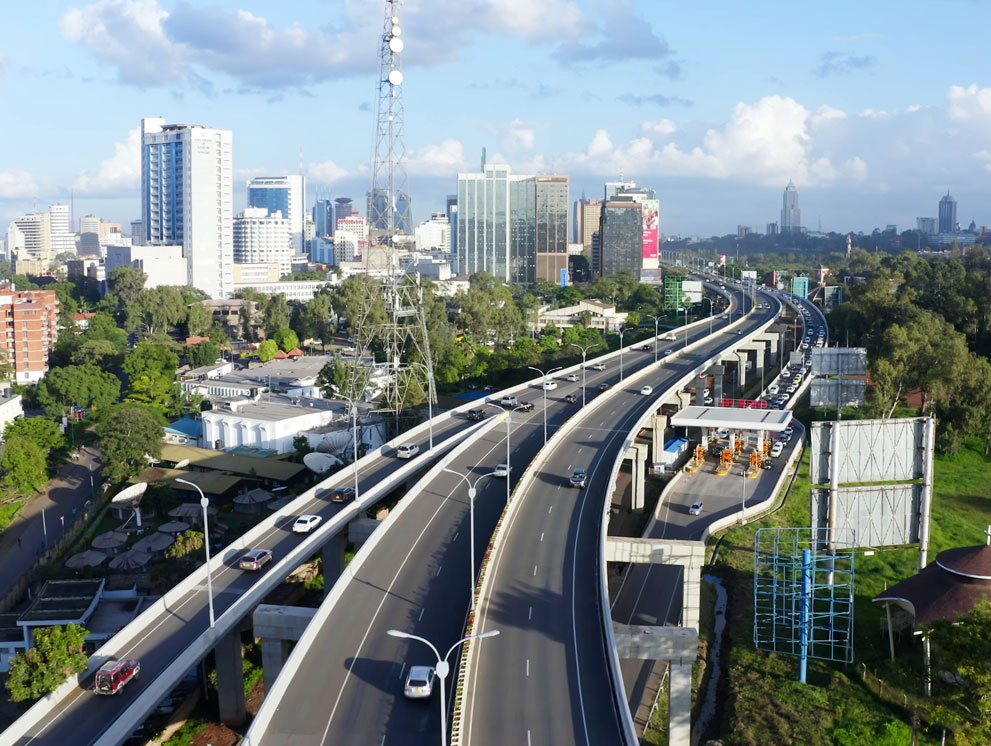Tough year ahead for Kenyans as KRA records Sh174 billion revenue shortfall

Revenue collection challenges have been attributed to underperformance in key tax categories, which has disrupted government operations.
Kenyans may have to dig deeper into their pockets and pay more taxes to fund the government as the Kenya Revenue Authority (KRA) recorded a revenue shortfall in the first five months of the fiscal year.
Data from the Treasury shows that by November, KRA had collected Sh857 billion, or 34.6 per cent of its Sh2.47 trillion target, raising concerns about its ability to meet the annual goal.
More To Read
- Businesses granted 30-day relief on long-stay container charges at Mombasa port
- Meta to deduct 5 per cent tax on Kenyan creators’ earnings in 2026
- CS Kinyanjui: Kenya cannot develop while rejecting all funding options
- National Treasury says weak revenue, high debt repayments straining Kenya’s budget
- Report warns withholding tax risks pushing digital traders to informal platforms
- Government shifts cargo clearance to Nairobi, Naivasha in bid to decongest Mombasa Port
The shortfall of Sh174 billion means the taxman must now collect Sh1.6 trillion in the remaining seven months to reach the target.
The figure is nearly double what was achieved between July and November, presenting a major challenge for KRA as it faces slowing economic activity and constrained tax revenue streams.
Revenue collection challenges have been attributed to underperformance in key tax categories, which has disrupted government operations.
Missed targets
By the first quarter of the fiscal year, KRA had raised Sh590.9 billion against a target of Sh605.5 billion, missing targets across all major categories except investment income, which exceeded expectations by Sh16 billion.
“The ordinary revenue collection was Sh590.9 billion against a target of Sh605.5 billion. All ordinary revenue categories recorded below-target performance during the period under review except investment income,” says the Treasury in its quarterly budget report.
VAT recorded the largest shortfall at Sh15.1 billion, followed by excise duty at Sh5.6 billion and import duty at Sh2.8 billion.
The weak performance has delayed the disbursement of funds to counties and ministries, disrupting essential services, salary payments, and project implementation.
KRA acknowledged these challenges in a December 9 statement, pointing to low domestic demand, a slowdown in economic activities, and stagnation in import values as key factors.
“The various indicators that significantly impact revenue performance have generally moved contrary to expectations, with adverse impacts on revenue mobilisation,” the authority said.
Austerity measures by the government have also affected key sectors over time.
With just seven months remaining in the fiscal year, KRA is under immense pressure to bridge the shortfall and ensure the government meets its obligations.
Top Stories Today











































